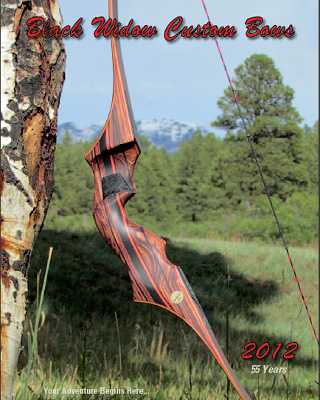 |
   |
 |


- Welcome to Trad Gang.
tillering with belly rings?
Started by The Gopher, June 07, 2013, 09:14:00 AM
Previous topic - Next topic0 Members and 1 Guest are viewing this topic.
User actions
Copyright 2003 thru 2025 ~ Trad Gang.com © |
